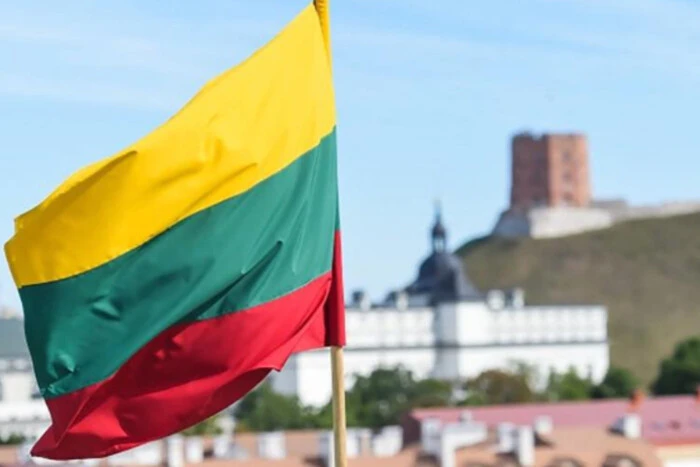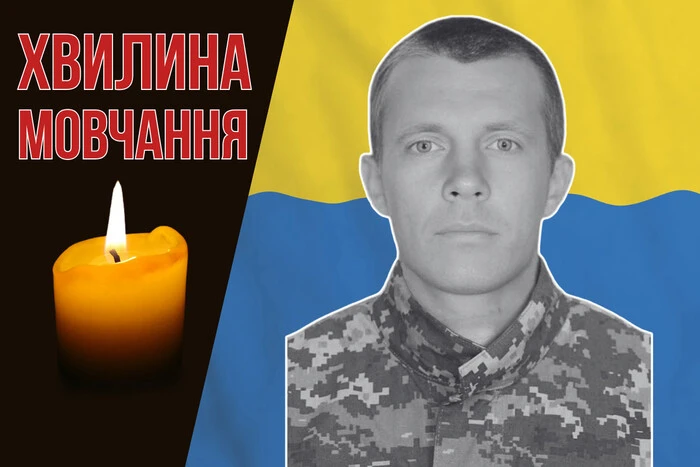Lithuania launches campaign against recruitment of citizens by Russian special services.


Lithuania has launched an anti-recruitment campaign
Lithuania has started a campaign to combat recruitment aimed at raising awareness among citizens about the danger from hostile special services. The campaign includes videos based on real cases, emphasizing that any citizen can become a target.
According to sources, the campaign consists of three videos based on real recruitment cases. The main goal of this campaign is to draw society's attention to the fact that any Lithuanian citizen can become a target for hostile special services.
Among the countries most actively engaged in espionage in Lithuania are Russia, Belarus, and China. They actively use social media to recruit government officials, military personnel, law enforcement officers, and other individuals who have access to strategic information.
"Russia no longer settles for informational attacks or propaganda campaigns, but conducts aggressive intelligence operations in the West, such as sabotage, vandalism, and cyberattacks. The purpose of such operations is to recruit individuals in our country. Lately, social media are actively used for this purpose, searching for individuals willing to cooperate with hostile services through ideological beliefs or desire easily and quickly," the publication reports.
The most vulnerable to recruitment are government officials, military personnel, law enforcement officials, politicians, journalists, and businessmen who may have access to important information or strategic contacts.
Read also
- Serving even those with 10 children. How the Israeli mobilization differs from the Ukrainian one
- Defending Ukraine in Sumy and Kharkiv. Let's remember Vasyl Kyrychuk
- Search lasted three days: a 5-year-old boy found in Prykarpattia
- Pensions and assistance to Ukrainians will be paid in a new way: the Pension Fund will receive information from banks
- Israel has postponed Iran's creation of a nuclear bomb for several years
- Applicants shown prices for education at the top five most popular universities in Ukraine










